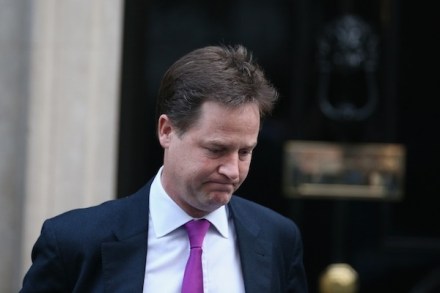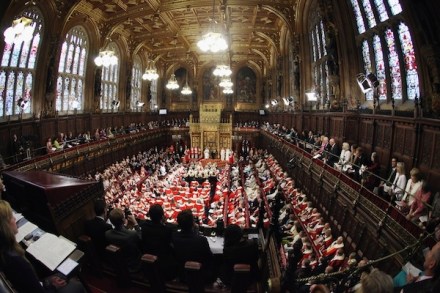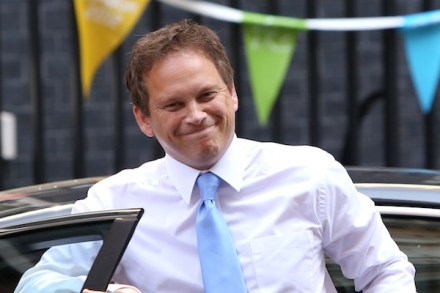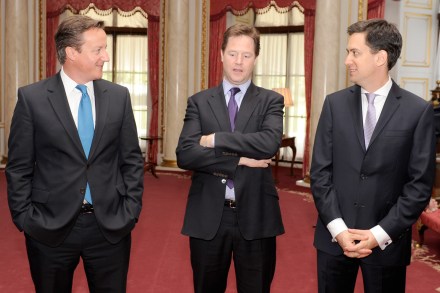Clegg enrages eurosceptics with ‘false promise’ attack on plan to return powers from Brussels
One of the key challenges for David Cameron this autumn is to address his policy on Europe. A big speech is expected before European leaders meet in December, with some in the Conservative party hoping it will come as soon as next week in order to boost Tory chances in the Corby by-election. But because the Prime Minister is offering definition for his own party on the EU, the other party leaders must do the same. Nick Clegg’s speech today set out where he stands, and he didn’t mince his words. As well as the lines I reported earlier about opting out of law-and-order powers, the Deputy Prime Minister also





















